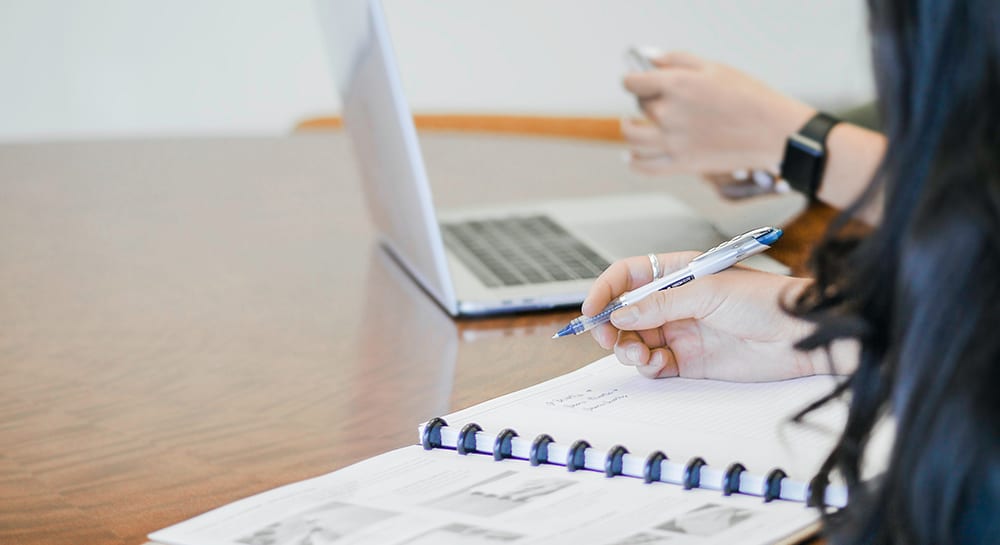Firm Blog Postings
 What Expert Witnesses
What Expert Witnesses
for Audit Litigation Need for Success
Working as a certified public accountant involves plenty of alone time with financial documents. For some CPAs, that’s right up their alley. But others crave using their skills in more collaborative ways.
That’s where acting as an expert witness for audit litigation comes in. David Zweighaft, managing partner of RSZ Forensic Associates in New York City, has assisted attorneys in expert and consulting assignments hundreds of times.
What does he enjoy about it? “Every case is different, with different personalities and different sets of circumstances. It’s so much better than auditing. It’s more dynamic and more nuanced. There’s all the accounting rules that CPAs have to deal with and various techniques of auditing, but now you want to layer in all of the rules of civil and criminal law, as well as being a human being and getting along with people.”
Acting as an expert witness is fun, interesting and intellectually stimulating, but it is not easy. There are hours of preparation involved, and you must be qualified, impartial and articulate. Looking to take your career as a CPA in a new direction? Here’s what to keep in mind:
1. Assess Your Level of Expertise:
Craig Greene, partner in charge of forensic accounting, fraud examination and assurance services for Chicago-based McGovern & Greene, has been an expert witness since 1987. He says possible candidates must have extensive experience performing audits and keep up on the accounting industry’s professional standards, which are always changing. And being a licensed CPA is important, too. “I had a malpractice suit where the other expert witness was an ‘industry expert,’ but he was not a CPA,” says Greene. “The court did not look favorably on that.”
Conflicts of interest, such as having ties to the company you are testifying for, can also disqualify you from being an expert witness. “You must be objective and independent to maintain integrity as an expert,” says Zweighaft.
2. Consider Consulting or Training First:
To learn the business of litigation, Zweighaft suggests spending some time as a consultant working behind the scenes to help counsel. “Consultants don’t testify, so there’s less of an opportunity to do professional harm to yourself or others,” he says. Zweighaft also suggests expert witness training through an organization such as the AICPA, local state CPA societies, the Association of Certified Fraud Examiners or professional training organizations such as SEAK, which includes lessons on writing reports and testifying.
“It helps you learn the red flags and minefields you must avoid,” he says. “There’s a lot of black and white to being an expert witness, such as the Federal Rules of Civil Procedure, so once you understand that, you are better equipped.”
3. Be Prepared to Read and Listen:
Acting as an expert witness on a litigation case comes with plenty of paperwork, often thousands of pages of documents. The data collection phase of the process includes reading and conducting inventory on a company’s financial data, such as books and records, and non-financial data, including emails and hard-drive content. If you’re working for the defense, you’ll get to read the plaintiff’s expert report.
You’ll also interview knowledgeable people to get even more information for the case, all done with their consent and in the presence of counsel. “When you get a willingly given statement of fact or admission—that’s the gold standard,” says Zweighaft. Someone could admit to embezzling millions from their company, for instance, all while rationalizing the act due to insurmountable medical bills or a gambling problem.
You’ll also write your own report, which can be anywhere between 10 and 200 pages, and includes your qualifications, how you did your research, what you found and your opinions on the case.
4. Get Ready to Speak and Think on Your Feet:
If the case you’re working on goes to arbitration or open court, be prepared to speak in front of a judge or jury. Along with presenting your opinions to the judge and jury, you need to know all the facets of your testimony inside and out for cross examination. “Cross examination is 10 times harder than it looks on TV, maybe 100 times,” says Zweighaft. “You need to know your material cold.”
Being an expert witness for audit litigation takes preparation, time and effort, but it gives you the chance to something new, share your expertise and develop new skills.
About Erin Quinn-Kong
Erin Quinn-Kong writes for GLG, a platform that connects professionals, including accountants, with insight on financial matters and more. She’s the former editor-in-chief of Austin Monthly and was an editor at Allure and Us Weekly. Erin has written for a number of publications, including The Alcade, OpenTable.com, and Woman’s Day.
Expert Forensic Accounting Services
Chicago | Las Vegas
FORENSIC ACCOUNTING
SERVICES
Insurance Claims
Accounting Investigations
Mergers & Acquisitions
Due Diligence Reviews
Dispute Advisory Services
Special Examinations
Contract Audits and Recoveries
LITIGATION SERVICES
Expert Witness Testimony
Commercial Damages
Shareholder/Partner Disputes
Bankruptcy and Insolvency
CPA Malpractice Claims
Contract Disputes
Estate and Trust Disputes
Data Mining & Electronic Discovery
FRAUD EXAMINATIONS
